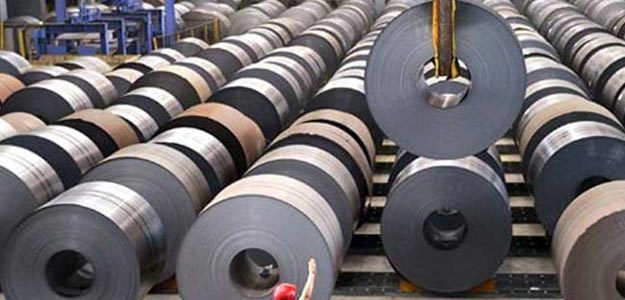Domestic Steel Industry May See Gradual Recovery: Care Ratings

Mumbai: Lower input costs and improvement in domestic realisations due to reduction in imports may lead to gradual recovery in the domestic steel industry, Care Ratings has said in a report.
The domestic steel industry has been struggling for the last couple of years owing to a combination of factors like rising imports particularly from China, a subdued domestic demand, excess domestic capacity and decline in realisations due to availability of cheaper imported steel.
However, there have been some positive developments in recent times with government intervention in the form of imposition of minimum import price (MIP) in February 2016 for six months and levy of 20 per cent safeguard duty in September 2015, which has been further extended till March 2018, the report said.
These measures have arrested the rise in imports to a great extent, thereby leading to improvement in realisations for the domestic players. Further, the lower prices of key raw materials have also supported the improvement in realisations of steel products.
However, the continuation of protection measures for some more time and sustained revival in demand would remain crucial for the prospects of domestic steel industry in the medium to long-term, the report said.
However, domestic steel demand continued to remain sluggish with demand showing signs of marginal improvement.
The domestic finished steel consumption grew by 4.3 per cent in 2015-16 as against a growth of 3.9 per cent during the previous fiscal.
The marginal improvement in steel demand was fuelled by the growth in construction sector, which, according to latest GDP data, grew by 3.7 per cent y-o-y in the 9-month period ended December 2015.
Nonetheless, the growth rate of steel consumption is still on a lower side when compared with the average growth rate of 10.3 per cent over FY07-FY11 -- the period which marked a healthy pace of economic growth as reflected by average GDP growth of 8.6 per cent, the report said.
The report also said that after a continuous decline, global steel prices have strengthened, largely due to an increase of prices in China owing to production cuts and re-stocking for meeting the demand of peak season in second quarter of 2016.
The price differential between imported steel and indigenously produced steel post-implementation of MIP provides the much-needed headroom to major steel producers for increasing prices between Rs 3,350 and Rs 5,025 per tonne depending on the type of the products, it said.